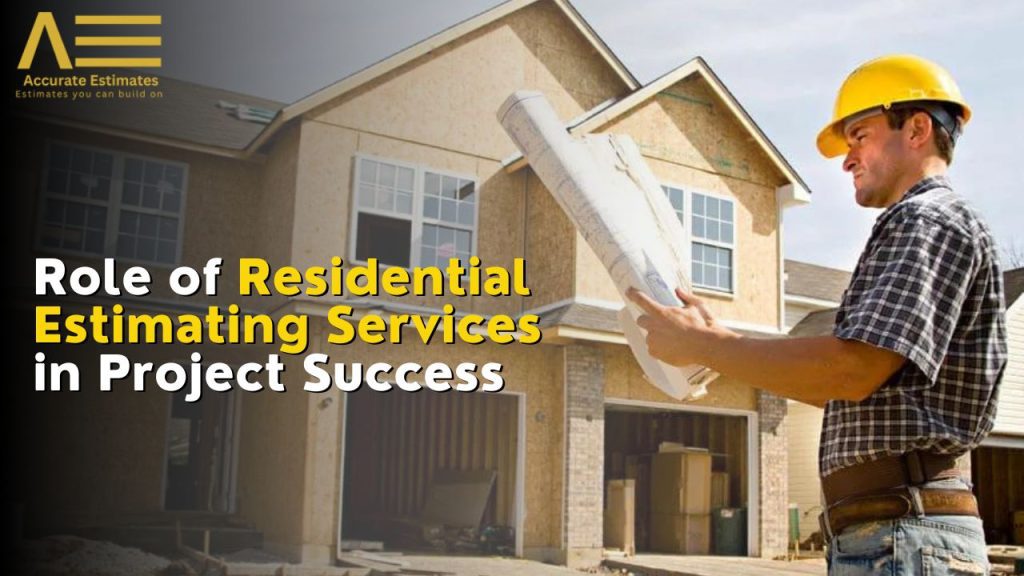How to Deal with Residential
Construction Delays?

Residential construction projects are exciting but often have their fair share of challenges. A common complaint among homeowners and builders is construction delays. Various factors can cause these setbacks and significantly affect time and budget. This article will explore residential construction delays, their causes and impacts, and, most importantly, how to manage and mitigate them effectively.
Understanding Residential Construction Delays
Common Causes
Construction delays can stem from many sources, making it crucial to identify and address them early in your project. Some common culprits include:
- Weather Conditions: Unpredictable weather patterns can disrupt outdoor construction activities, causing delays in your project timeline.
- Material Shortages: A shortage of essential building materials can halt progress and lead to unforeseen delays.
- Design Changes: Frequent alterations to the initial project design can extend the construction period significantly.
- Permitting Issues: Please ensure your project’s commencement before obtaining the necessary permits.
The Impact of Construction Delays
Financial Consequences
Residential construction delays can have severe financial implications. These may include:
- Increased Costs: Extended project timelines often increase labor and material expenses. Therefore, you need to hire professional residential cost estimators.
- Additional Financing: Delays can lead to increased interest payments if you borrow money for your project.
Project Timeline Disruption
Besides the financial burden, construction delays can disrupt your entire project schedule. This can affect:
- Your Move-In Date: If it is delayed, you will need more time to move into your new house.
- Other Commitments: It could interfere with other commitments or arrangements you’ve made.
Preventive Measures
Comprehensive Planning
To minimize the likelihood of construction delays, meticulous planning is vital. Start with:
- Detailed Project Timeline: Create a realistic construction schedule, accounting for potential setbacks.
- Contingency Plans: Develop backup plans for various scenarios to keep the project on track.
Experienced Contractors
Selecting the right contractor is paramount. Look for:
- Proven Experience: Experienced contractors who can handle complex projects effectively.
- References: Check references and previous client testimonials to gauge their reliability.
Handling Delays When They Occur
Communication Is Key
When delays occur, open and effective communication can make a world of difference:
- Regular Updates: Keep stakeholders informed about the project’s progress and any setbacks.
- Problem-Solving: Collaborate with your contractor to find solutions and minimize delays.
Adjusting the Schedule
Flexibility is essential when dealing with construction delays:
- Revised Timeline: Be prepared to adjust your timeline to accommodate unforeseen setbacks.
- Prioritizing Tasks: Reprioritize tasks to maintain efficiency in your project.
Legal Considerations
In some cases, legal action may be necessary:
- Contract Provisions: Review your contract for provisions related to delays and penalties.
- Consult Legal Experts: Seek legal advice when disputes arise to protect your interests.
Keeping Your Project on Track
Monitoring Progress
Stay actively involved in your project:
- Site Visits: Regularly visit the construction site to check progress and address concerns.
- Quality Control: Ensure that work quality remains high to prevent delays due to rework.
Conclusion
Residential construction delays can be frustrating, but with proactive planning, effective communication, and the right strategies, you can successfully navigate and minimize their impact on your project. By staying informed, flexible, and proactive, you can turn construction setbacks into valuable learning experiences that lead to a successful residential construction project.
Also Read: Handling Construction Change Order
Frequently Asked Questions
1. Are construction delays common in residential projects?
- Construction delays are not uncommon, and they can occur for various reasons. However, proactive planning and effective management can help mitigate them.
2. How can I prevent construction delays in my residential project?
- Comprehensive planning, selecting experienced contractors, and maintaining open communication are essential to prevent delays.
3. What are the financial consequences of construction delays?
- Due to extended project timelines, construction delays can increase costs and require additional financing.
4. How should I handle construction delays when they occur?
- Communication, schedule adjustments, and, when necessary, legal considerations can help address construction delays effectively.
5. Can construction delays be legally addressed?
- Yes, legal action may be an option to address construction delays, depending on your contract and the circumstances.
6. What role does the homeowner play in managing construction delays?
- Homeowners can actively monitor progress, ensure quality control, and maintain open communication with contractors to help manage construction delays effectively.


